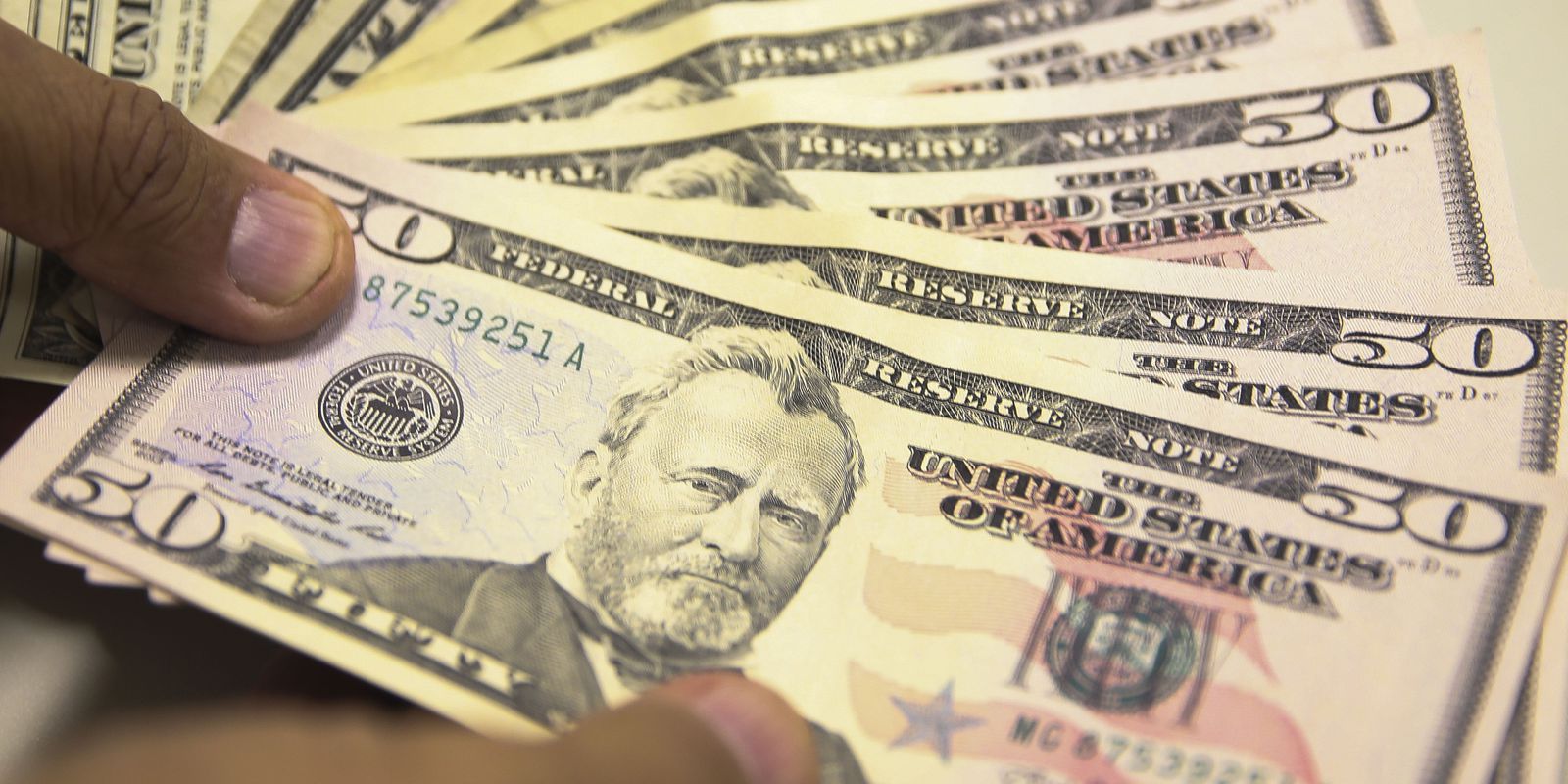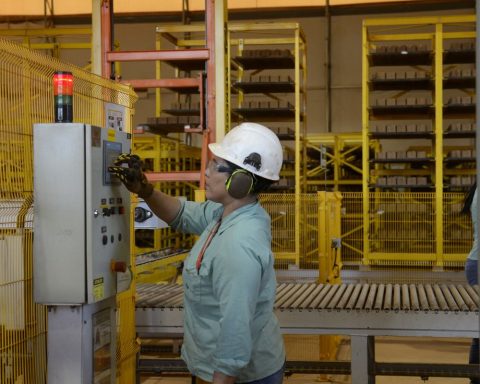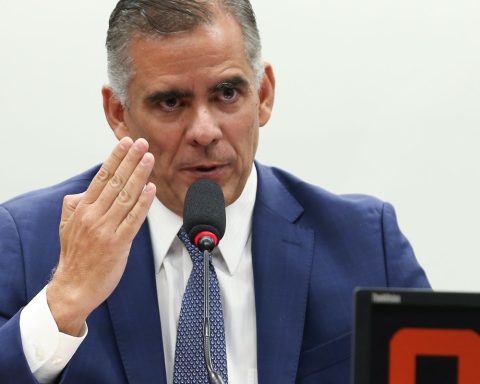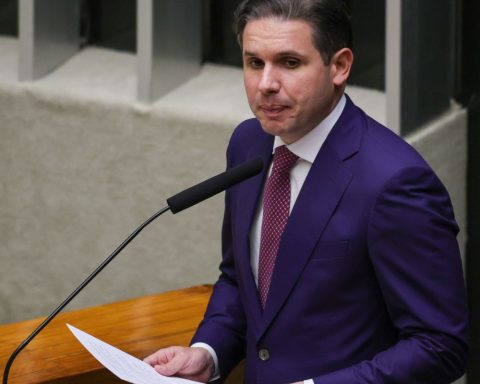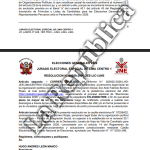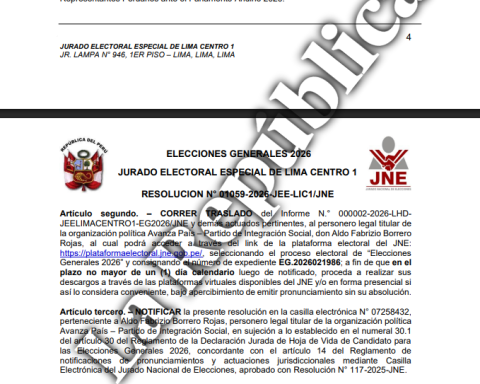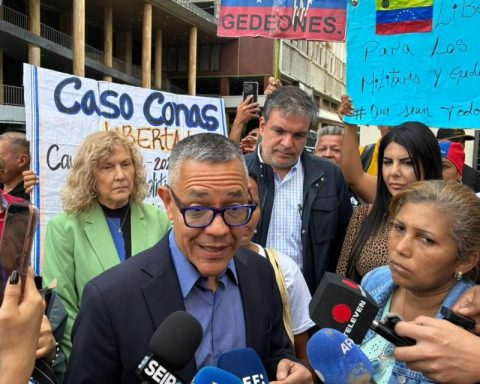After a tense start to the day, the dollar closed practically stable after the US Central Bank reduced the pace of monetary tightening in the United States. The stock exchange, which fell almost 2% in the early afternoon, reversed the fall and had a small increase.
The commercial dollar ended this Wednesday (14) sold at R$5.301, with a decrease of 0.27%. The price had a volatile day, reaching BRL 5.36 in the first minutes of trading, falling to BRL 5.29 around 2 pm, operating around BRL 5.31 for most of the afternoon and falling again around the end of the negotiations.
With today’s performance, the US currency accumulates a high of 1.9% in December. In 2022, the currency drops 4.93%.
In the stock market, the day was also marked by ups and downs. The B3 Ibovespa index closed at 103,746 points, up 0.2%. The indicator even dropped 1.84% around 12:15 pm, but reacted throughout the afternoon and even surpassed 104 thousand points at the maximum of the day, around 5:10 pm.
Domestic and international factors contributed to financial market volatility. Abroad, the 0.5 percentage point increase in US basic interest rates decided by the Federal Reserve (Fed, US Central Bank) brought relief near the end of negotiations. After four consecutive increases of 0.75 points, the monetary authority of the United States reduced the rate of increase.
Statements by Fed Chairman Jerome Powell, however, reduced external relief. In a press conference after the end of the meeting, he said that the agency needs more evidence that inflation in the United States is low. Only with inflation falling will the Fed be able to stop raising interest rates. Higher rates in advanced economies encourage capital flight from emerging countries such as Brazil.
Domestically, investors reacted to the approval, yesterday (13) night, in the Chamber of Deputies, of a bill that makes the State-Owned Companies Law more flexible. The deputies reduced, from 36 months to 30 days, the period for people linked to political parties or campaigns to assume management positions in federal state-owned companies or mixed economy companies.
The change was interpreted as a retreat in the independence of state-owned companies, which made shares of companies such as Banco do Brasil and Petrobras fall on the stock exchange. The oil company’s shares, the most traded shares on the B3, closed sharply. Common shares (voted at shareholders’ meetings) fell 9.8%. Preferred shares (with preference in the distribution of dividends) fell by 7.93%.
??With information from Reuters
